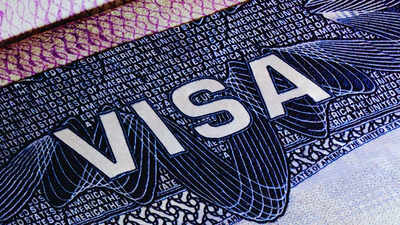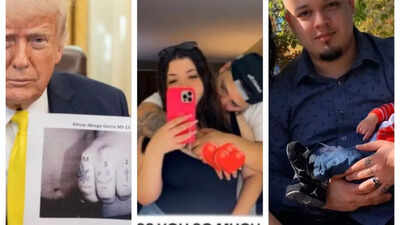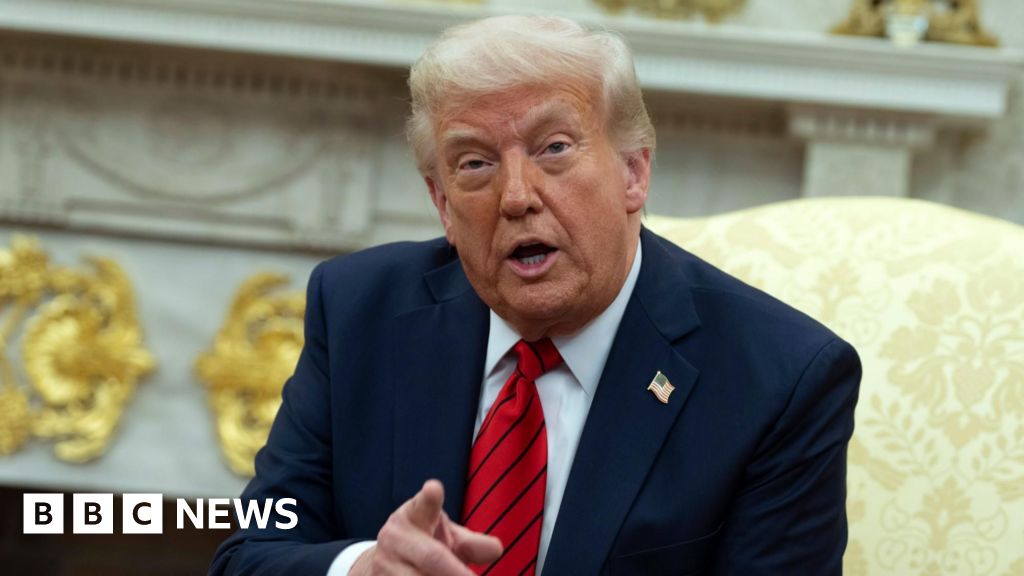Tightening U.S. Visa Security: New Scrutiny for Gaza Visitors

The landscape of U.S. visa applications is undergoing significant changes, particularly for individuals who have traveled to Gaza since 2007. Recent directives from the Trump administration have made it clear that anyone who has visited this conflict-ridden region may face intensive scrutiny when applying for a U.S. visa. This move has sparked a wave of concern among students, researchers, and humanitarian workers who frequently visit Gaza.
The urgency of this policy was highlighted by U.S. Senator Marco Rubio's statement regarding national security. Rubio articulated that enhancing American safety necessitates revoking visas whenever potential threats are identified. This stance is part of a broader strategy to tighten the screening processes for foreign nationals seeking entry into the United States.
The case of Badar Khan Suri, an Indian scholar, exemplifies the potential consequences of this new policy. Suri was arrested under the Trump administration due to alleged connections to Hamas. His familial ties were scrutinized; specifically, his wife's father had previously acted as an adviser to Hamas. Their first meeting occurred in Gaza in 2011 when Suri was part of an international convoy, which was organized as part of his studies at Jamia Millia Islamia University.
Under the new directives, individuals who have visited Gaza after January 1, 2007, could face similar fates as Suri, even if they have no direct ties to Hamas or any terrorist organizations. The administrations recent order mandates a comprehensive social media vetting process for all U.S. visa applicants who have set foot in the Hamas-controlled enclave since the noted date. A report from Reuters indicated that this initiative is part of an ongoing effort to enhance the security screening of foreign students and other visa applicants.
The historical context surrounding Gaza is crucial to understanding these new regulations. In 2007, tensions escalated into a brief civil war between the rival factions of Fatah and Hamas after Fatahs defeat in the 2006 Palestinian legislative elections, leading to the latter's control over the region. This conflict has had lasting repercussions, influencing perceptions and policies regarding individuals associated with Gaza.
The cable detailing the social media vetting process, dated April 17, underscores the administration's serious approach. It specifies that not only immigrants but also non-immigrant visa applicants, including those affiliated with non-governmental organizations, will be subject to this scrutiny if they have engaged with Gaza in any official or diplomatic capacity.
If the social media vetting uncovers any concerning information linked to security risks, officials are required to submit a Security Advisory Opinion (SAO). This process initiates an interagency investigation to assess whether the visa applicant poses a threat to national security interests in the United States.
Senator Rubio, who signed the cable, claimed in late March that he may have already revoked over 300 visas as part of this crackdown. He elaborated on the rationale behind the administration's stringent measures in a recent opinion piece for Fox News, emphasizing that visiting the U.S. is not a fundamental right but a privilege reserved for those who respect American laws and values.
Rubio reinforced the notion that the U.S. visa vetting process is rigorous and ongoing, asserting that it does not conclude once a visa has been granted. As the Secretary of State, he pledged to uphold the Trump administrations firm stance on foreign nationals who may support terrorist organizations or engage in activities posing risks to U.S. national security and foreign policy interests.



























